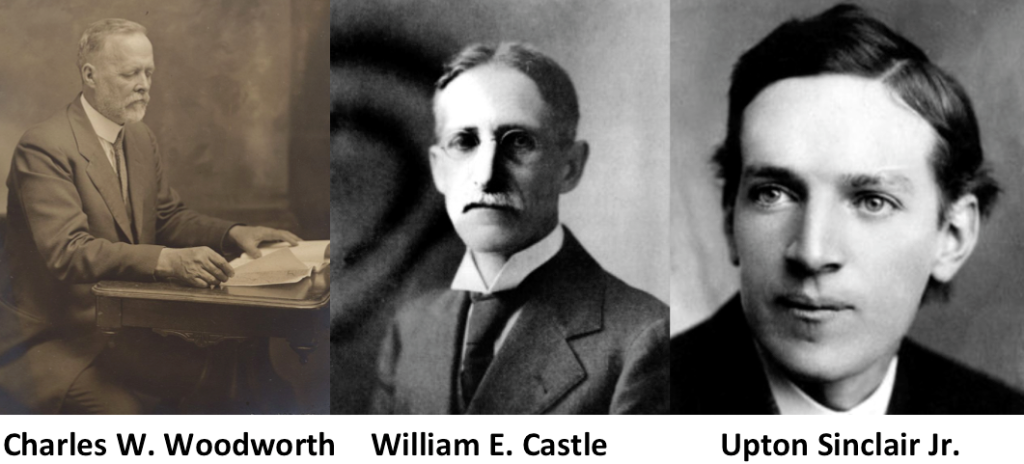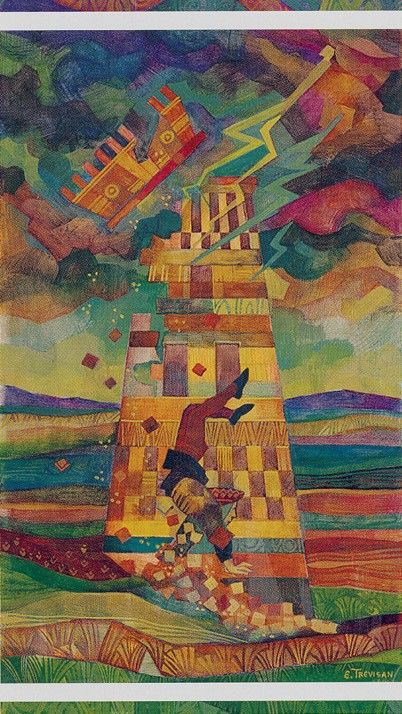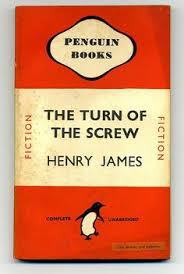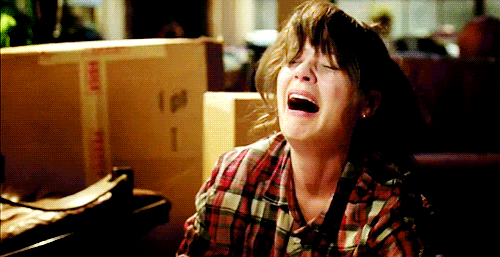“A SERIES of breeding experiments with the common pomace-fly, Drosophila ampelophila Loew., conducted during the past five years principally by my pupils and still in progress, has yielded certain results which it is the purpose of this note to summarize” starts his 1906 Science paper, William Ernest Castle, who had already put to practice advice by Charles William Woodworth that Drosophila was an ideal organism to study genetics. “Low productiveness is inherited after the manner of a Mendelian recessive character in certain of the crosses made, skipping a generation and then reappearing…” is one of the conclusions. Low productiveness referred to a low number of offspring produced by single parent matings.

The same year, Upton Sinclair discussed high productiveness in his widely read novel The Jungle. Here, productiveness related to increasing the speed & efficiency of using everything of the pig except the squeal. Although the pig’s shock realizing its destiny after walking unsuspectedly into Chicago’s industrialized meat-processing facility is described, the author was primarily concerned with the conscience of the tens of thousands of workers who spent their lives entering (equally unsuspectedly) the process. A powerful literary reading arises from Sinclair’s continuous engagement of the main character’s mind as the strong immigrant supported by numerous dedicated family members put all their efforts to build a better life in America. They recover from each adversity renewing plans & hopes (they and their circumstances) and the cycle continues until their final destruction.
Some may argue that Sinclair prevents the natural ending, first by a series of turns in the fortune of the main character that allow for descriptions of alternative opportunities (sic) for members of the working class and, towards the end, for teachings of its political emancipation. Descriptions of the work on the internet focus on the book’s immediate impact, precipitating the Meat Inspection Act of 1906; not a small achievement if true. Unsurprisingly, they say little on Sinclair’s proposals of a different organization of society serving humanity’s productivity by avoiding waste, war and injustice arising from class segregation. Although the novel describes how toxic industrial production of food is (in order to save costs and increase profits) it offers an invaluable description & analysis of capitalism’s iron boot on the physical, emotional and cognitive lives of humans used entirely except for their squeals.
Share this:




